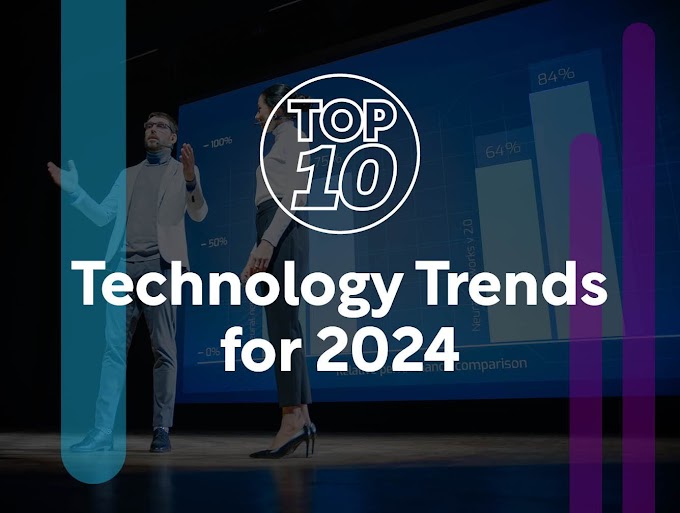In the realm of engineering, a remarkable revolution is underway, transforming the landscape of innovation and problem-solving. At the forefront of this revolution stands a powerful ally: Artificial Intelligence (AI). With its ability to emulate human intelligence and perform complex tasks, AI has swiftly become a game-changer in the field of engineering. Today, we'll delve into the captivating world of AI, exploring its diverse applications and profound impact on engineering.

Imagine a world where engineers possess an assistant that never tires, never overlooks crucial details, and tirelessly crunches data to reveal the most optimal solutions. That's precisely what AI brings to the table. One of the most prominent applications of AI in engineering lies in design optimization. By analysing vast amounts of data, AI algorithms can rapidly generate and evaluate countless design alternatives, significantly reducing the time and effort required for engineers to arrive at an optimal solution. From streamlined aircraft wings to energy-efficient buildings, AI is revolutionising the design process.
Another area where AI shines is predictive maintenance. In industries such as manufacturing, regular maintenance is essential to prevent costly breakdowns and downtime. AI-enabled systems can continuously monitor and analyze sensor data from machines, detecting patterns and anomalies that indicate potential failures. By accurately predicting maintenance requirements, AI saves both time and resources, ensuring smooth operations and reducing the risk of unexpected breakdowns.
Moreover, AI plays a crucial role in enhancing safety and security in engineering. In critical infrastructure systems, such as bridges and power plants, AI algorithms can monitor structural integrity, detect anomalies, and issue early warnings. By analysing vast amounts of data from various sensors, AI helps identify potential hazards, preventing disasters before they occur.
The impact of AI in engineering extends beyond optimising designs and enhancing safety. AI-powered robotics are revolutionising the manufacturing industry. Intelligent robots can perform complex tasks with precision and efficiency, improving productivity and reducing human error. Furthermore, AI-based simulations and modelling enable engineers to test and refine designs virtually, saving time and resources while minimising the need for physical prototypes.
However, as with any transformative technology, AI also poses challenges. Ethical considerations, data privacy, and the potential for job displacement are all areas that require careful navigation. Engineers must strike a balance between harnessing the power of AI and ensuring responsible and ethical implementation.
The rise of AI in engineering is nothing short of extraordinary. Its applications span across design optimization, predictive maintenance, safety enhancement, and manufacturing. By augmenting human capabilities, AI has the potential to revolutionise the engineering industry, making processes more efficient, designs more innovative, and operations safer. As we venture further into the age of AI, it is essential to embrace its power while also addressing the ethical and societal implications it presents. With careful planning and responsible implementation, we can fully unlock the incredible potential of AI, ushering in a new era of engineering excellence.
If you enjoyed this blog, then share it with your friends. To know more, follow the below links:
Facebook - https://www.facebook.com/AVCOEngg
Instagram - https://instagram.com/avcoeofficial
Twitter - https://twitter.com/AmrutvahiniEa



0 Comments